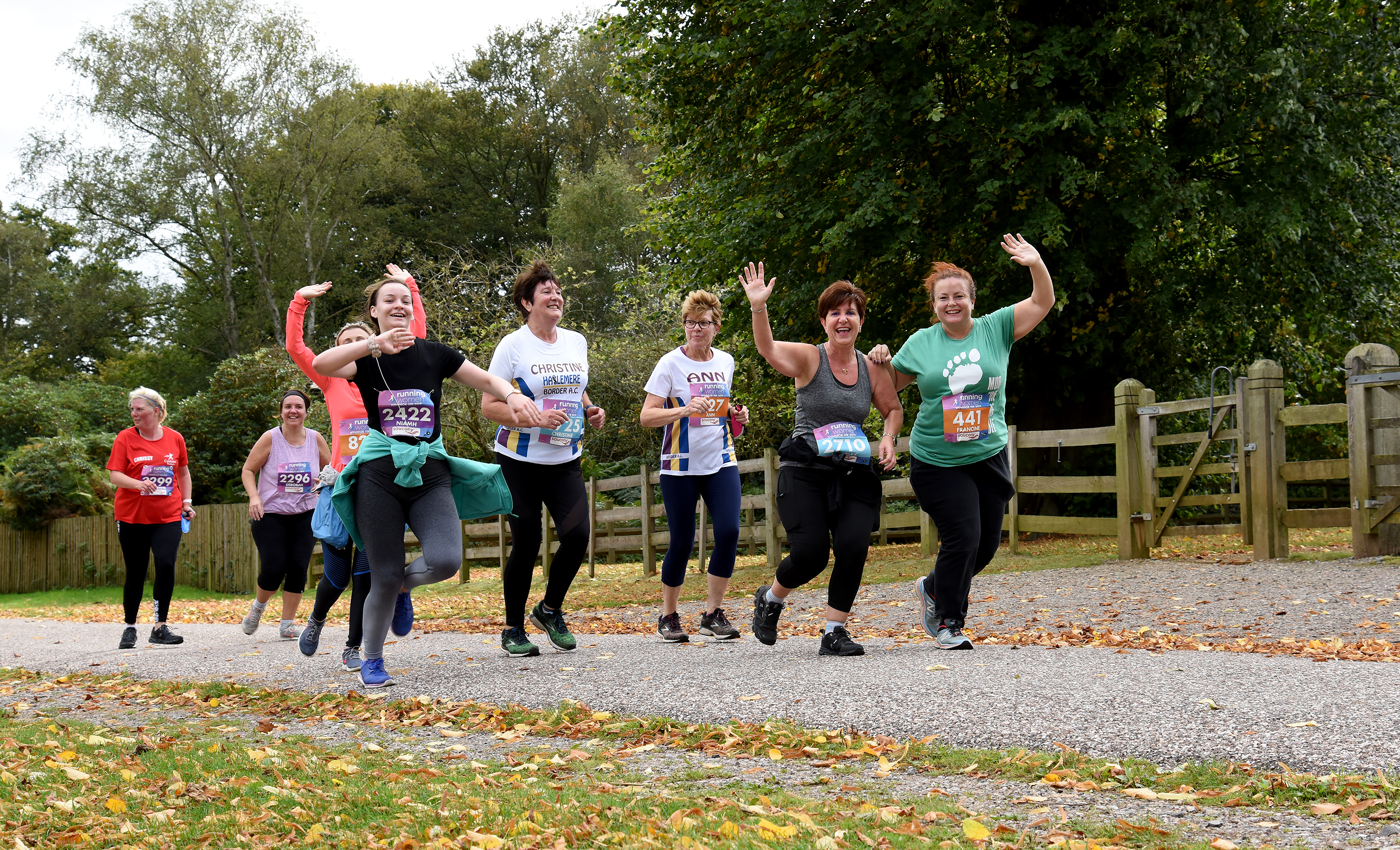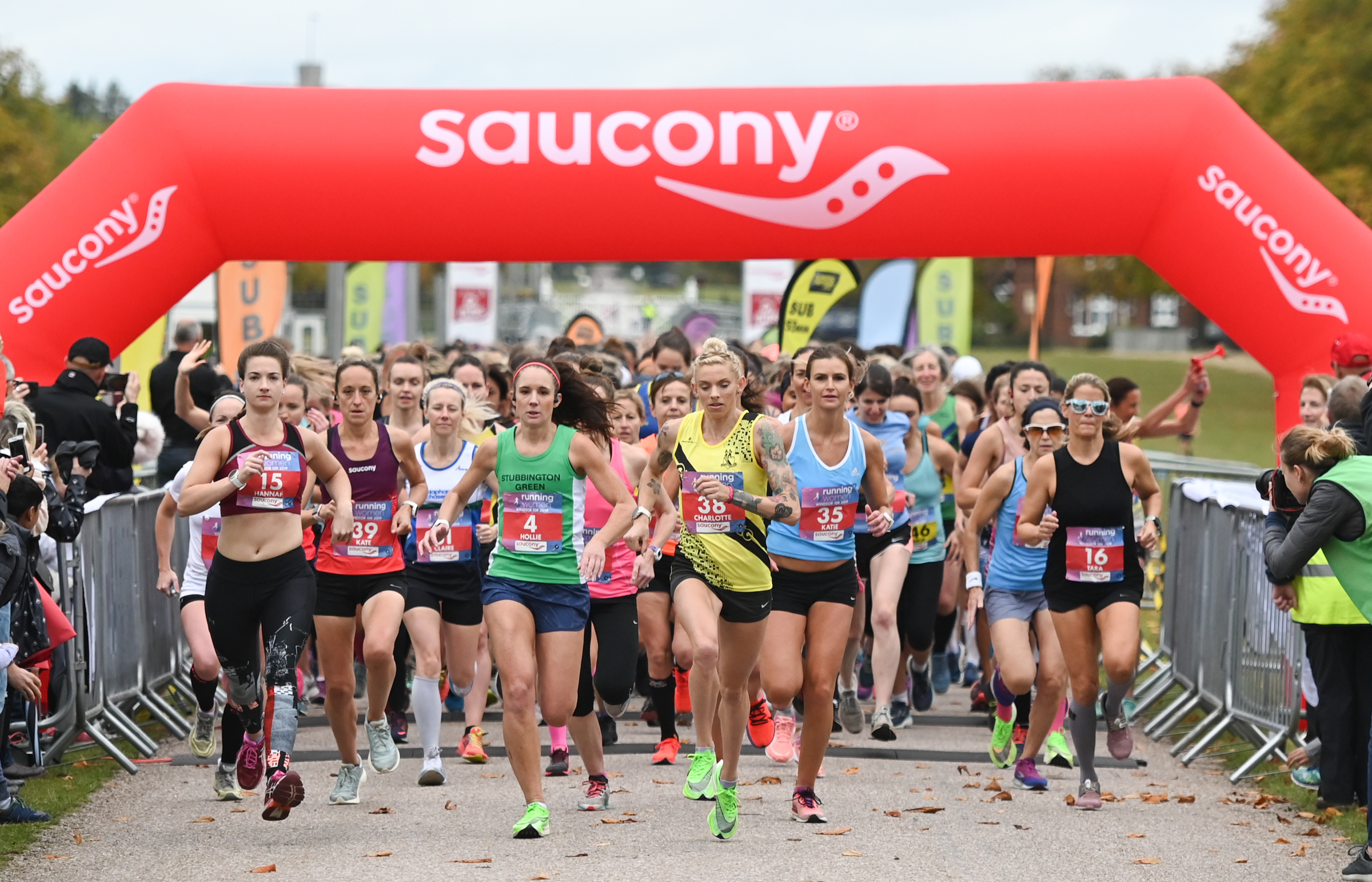Leg Cramps
Question:
Hi,
could you tell me how I could avoid leg cramps? On Sunday 11th I ran in the Royal Parks Half Marathon (great race loved it) but at about mile 13 both backs of lower legs started cramping. I finished OK but had the same problem in a training run before the race. It was a 15 miler and at mile 12 the same thing happened. Do you think if I took on board salty grub before the run or race it would help stop this? I am on a very low salt diet.
Thanks for help.
Julie
Answer:
Dear Julie,
There are lots of reasons why cramp can occur when you are running, but if you take the right precautions it can be avoided:
- Inadequate warm-up – muscles tend to cramp if they have not warmed up properly, so try not to start from cold, keep your muscles warm, jog around very gently for 10 minutes before the race and try to get into the start pen as late as you can. When you start, don’t set off too quickly, build up gradually.
- Lack of oxygen to the muscles – muscles need as much oxygen as they can get so keep your breathing nice and deep so you can take in as much oxygen as possible. Keep relaxed and try to avoid quick, shallow breaths. Make a point of practicing this on your longer training runs.
- Inadequate training – run within your ability, so that your muscles are used to handling the distance and speed.
- Dehydration – this is the most common cause of cramps during a race, even when it is not particularly hot. When you sweat, your blood-volume decreases and there is less oxygen-rich blood available for the muscles – your muscles are being pushed to their full capacity yet they are receiving fewer nutrients and you start to slow down as your body fights to maintain its core temperature. Being underhydrated by as little as 2% of your body weight can decrease your performance by up to 10%. There is no one size fits all rule to good hydration, as everyone sweats at different rates, and some people’s sweat is saltier than others. The best thing to do is to find out your daily hydrated body weight is and then work out your average sweat rate by weighing yourself before and after a few runs – for every 1kg lost, you should consume 1.5 litres of fluid. It sounds complicated but it isn’t and it can really help– follow my guide on http://www.gofasterfood.com/?p=444 .
Here are a few basic rules on hydration for running longer distance races such as a half-marathon:
- Drink before you are thirsty – drink regularly throughout the day and drink generously before, during and immediately after your run. Drink until your pee is a light straw colour – if it is darker, you will be slightly dehydrated.
- Make sure you drink lots of fluid in the days leading up to a race (as an example, I drink three litres a day for the week running up to a marathon) to really hydrate your body and to get your body accustomed to the amount of fluid – if you just do this on the morning of the race, you’ll just need to go to the loo constantly.
- Water alone will not replace the nutrients lost through sweat. Your sweat is made up of electrolytes such as sodium, potassium, chloride and magnesium: minerals that your muscles need to function properly. As I said before, we all sweat at different rates, but we can lose as much as 1 litre of sweat per hour, which could mean a loss of 2-3.4g of sodium. If you are running for over an hour, if you sweat a lot when you run or if your sweat is particularly salty you will need to replace lost fluid with a drink containing electrolytes and sodium. Practice this during training so that you can find a drink you like (or find out what brand they are providing during the race and train with that and get used to it)
- Make yourself drink at particular milestones (every 2- 3 miles, or every 20-30 minutes) – don’t just run past the drink stations in order to make your pb.
- Throw water over yourself or run though the showers provided to help reduce your core body temperature.
- You may want to consider salty food before you race (not too salty though as this will make you over thirsty. Porridge cooked with a pinch of salt, with honey and hydrating blueberries is a good slow burning carbohydrate breakfast, for instance, (see http://www.gofasterfood.com/?cat=28) and wholemeal toast and marmite.
- Make sure you have something rich in sodium immediately after the race – a sports drink, a ham sandwich, even a plate of salty chips (!) and then treat yourself to a good recovery meal, again one which is high in sodium (a thai curry with jasmine rice, for instance).
Julie, there is one proviso here. Are you on a low salt diet for medical reasons? If so, it would be advisable to check with your GP if you are going to suddenly increase your salt intake. If you would like any more information on good nutrition for your running, just take a look at my website address below.
Kate
Go Faster Food Food and nutrition for athletes




Add Comment